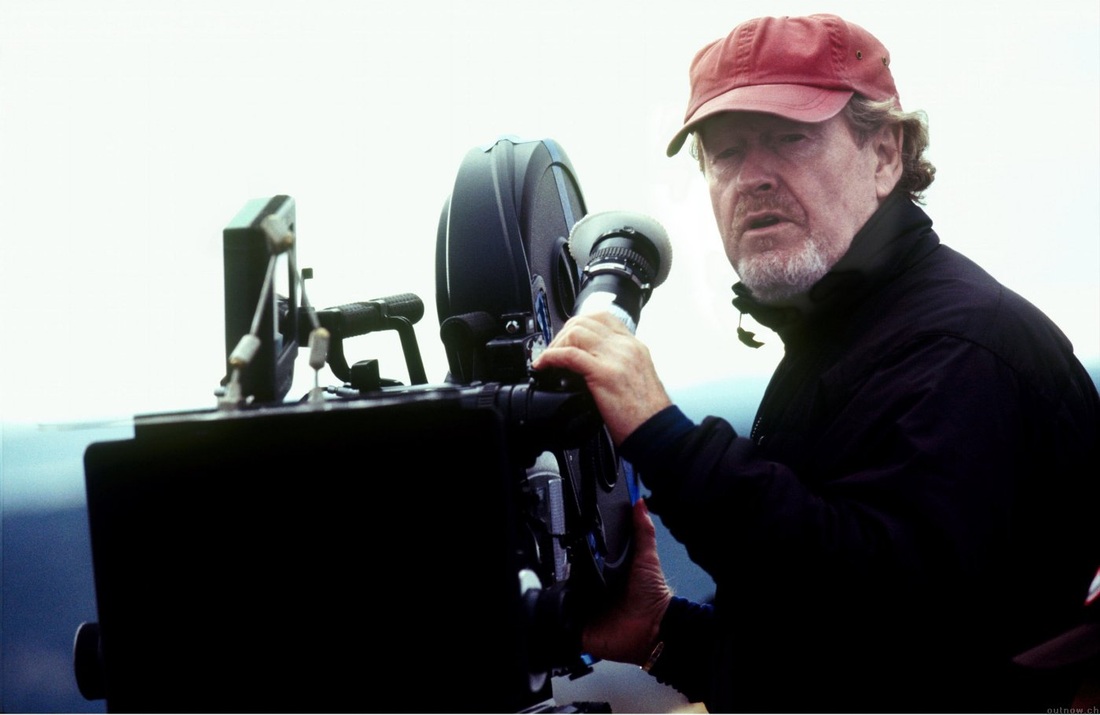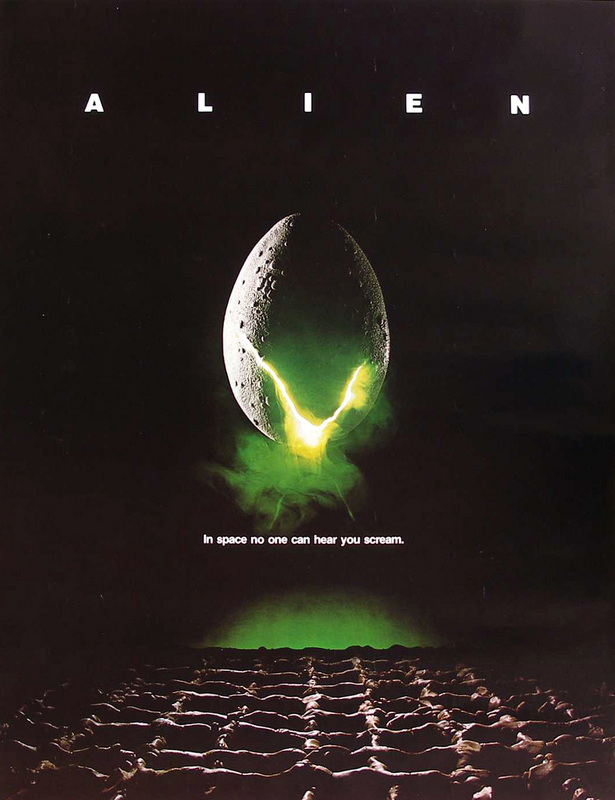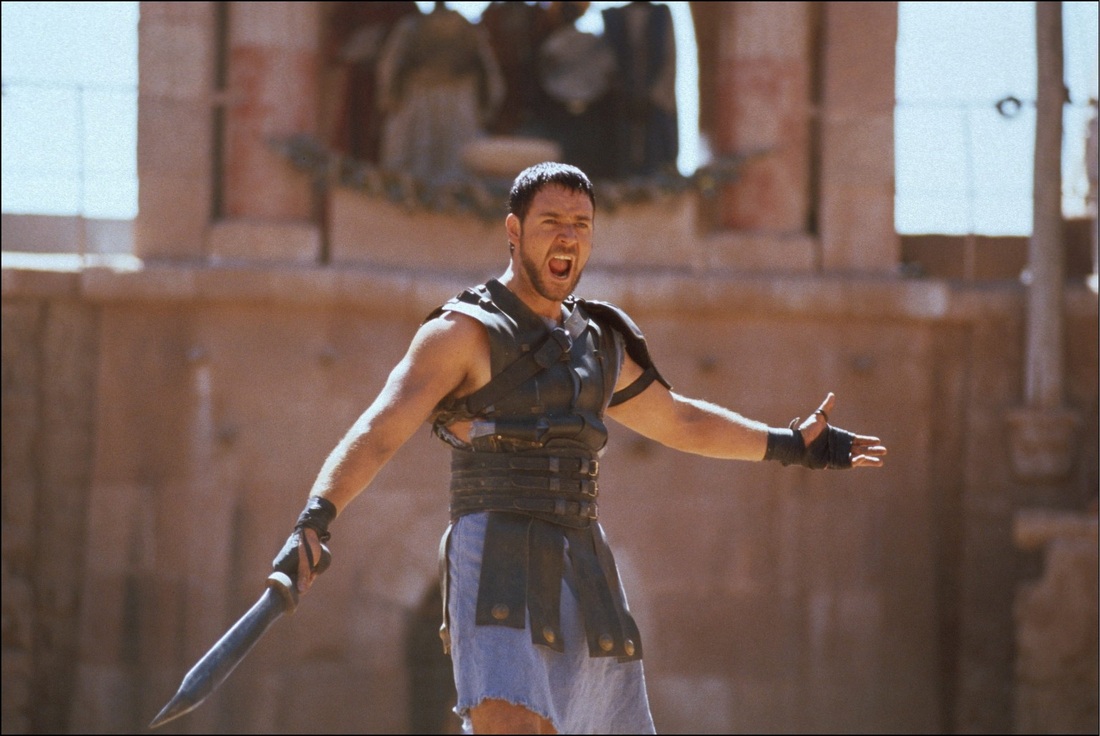After Blade Runner, in 1991, (with a few films in between), Ridley directed one of his most critically successful films, Thelma & Louise. The film, which starred Geena Davis and Susan Sarandon, earned Scott his first Academy Award nomination (IMDB).
One of the films for which Scott is most well-known came at the turn of the millennium---Gladiator. The film, starring Russell Crowe, tells the story of a former Roman General who is betrayed and who's family is murdered by the Emperor Marcus Aurelius’ corrupt son, Commodus. The film was a major critical and commercial success and was nominated for 12 Oscars, winning 5---including Best Picture.
In 2012, Ridley directed a “semi-prequel” to Alien, titled Prometheus. The film was, for the most part, well-received by critics and audiences, though some complained of unanswered questions that lingered after the conclusion of the film. Currently, Ridley is working in post-production on the Biblical epic, Exodus: Gods and Kings, which stars Christian Bale and tells the account of Moses leading the Israelites out of slavery in Egypt. It will be interesting to see how much debate the film receives after the mass controversy of Darren Aronofsky’s Noah.
Ridley frequently sketches his own storyboards for his films with great artistic style. He also usually incorporates strong female characters in his films, with examples including Sigourney Weaver in Alien, Geena Davis and Susan Sarandon in Thelma & Louise, and Alison Lohman in Matchstick Men. He also frequently casts Academy Award winner Russell Crowe (who won his Oscar for Gladiator). He has used Crowe in 5 of his films: Gladiator, A Good Year, American Gangster, Body of Lies, and Robin Hood.
On the technical side, Ridley begins most of his films with a title card sequence, as in Alien, Blade Runner, Gladiator, and Black Hawk Down. He usually does not use a lot of wide lenses, as he leans more towards longer focal lengths—which produce magnified shots. For music, he usually hires Academy Award winning composer Hans Zimmer (composer of Gladiator). Finally, Ridley Scott is generally known as the “father” of the “director’s cut”. These cuts included Alien, Blade Runner, and Gladiator.
WORKS CITED
IMDB. 2014. 10 April 2014. <http://www.imdb.com>.
"Ridley Scott." 2014. The Biography.com website. 2014. 10 April 2014.





 RSS Feed
RSS Feed
